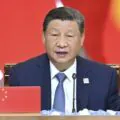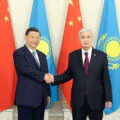

Artykuł partnerski
* As China pursues high-quality development, it has been working to expand institutional opening-up with regard to rules, regulations, management and standards in order to improve the level and quality of trade and investment cooperation.
* Under the policy of high-standard opening-up, China has adopted a series of measures to ease market access and level the playing field, so that foreign companies can enjoy a better business environment in the country.
* China has been stepping up efforts to create a top-notch business environment that is market-oriented, law-based and internationalized.
BEIJING, Jan. 8 (Xinhua) — Despite the rising tide of deglobalization and protectionism, China has remained committed to high-standard opening-up to boost foreign investment, providing much-needed certainty and opportunities to global businesses.
As the world’s second-largest economy, the largest trading nation and a major magnet for global investors, China, through wider opening-up, would not only push forward its high-quality development but also create broad opportunities for the world, according to guest speakers at the third episode of the China Economic Roundtable, an all-media talk platform hosted by Xinhua News Agency.
INSTITUTIONAL OPENING-UP
As China pursues high-quality development, it has been working to expand institutional opening-up with regard to rules, regulations, management and standards in order to improve the level and quality of trade and investment cooperation.
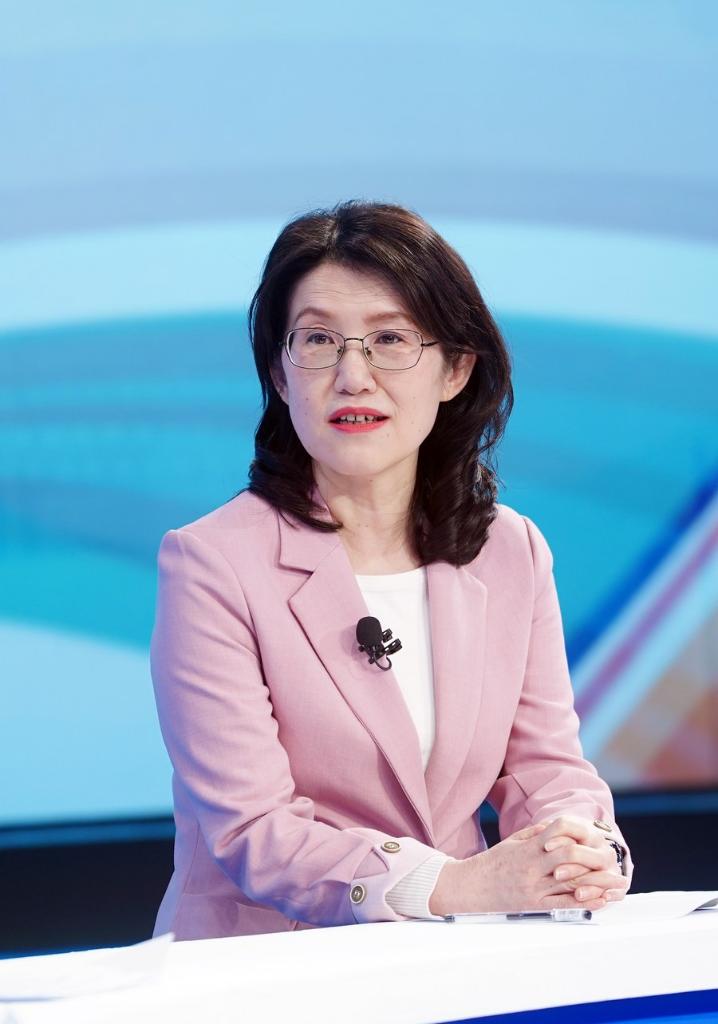
„Institutional opening-up will be the centerpiece of China’s opening to the outside world,” said Zhang Wei, vice president of the Chinese Academy of International Trade and Economic Cooperation under the Ministry of Commerce.
Speaking at the roundtable, Zhang added that China’s sound economic fundamentals have remained unchanged, with competitive industrial and supply chains, while its advantage of a vast domestic market is expected to strengthen further.
„Expanding institutional opening-up will be an effective way and strong support for the country’s high-quality development,” she said.
In the latest step, the State Council, or the cabinet, issued a comprehensive plan in December 2023 to promote the high-level institutional opening-up of the China (Shanghai) Pilot Free Trade Zone (FTZ) by aligning it with high-standard international economic and trade rules.
A total of 80 measures were outlined in the plan including initiatives to facilitate trade in goods and services, promote digital trade and enhance intellectual property rights protection, among others.
Expanding institutional opening-up serves as a reassurance for foreign investors, as the country focuses on further easing market access as well as ensuring fair treatment and competition, said Zhao Yugang, an official with the Shanghai Pilot FTZ management committee.
China’s Foreign Ministry said Thursday that in 2024, China will continue to expand high-standard opening-up, further ease market access, and share with the world new opportunities brought by the country’s modernization.
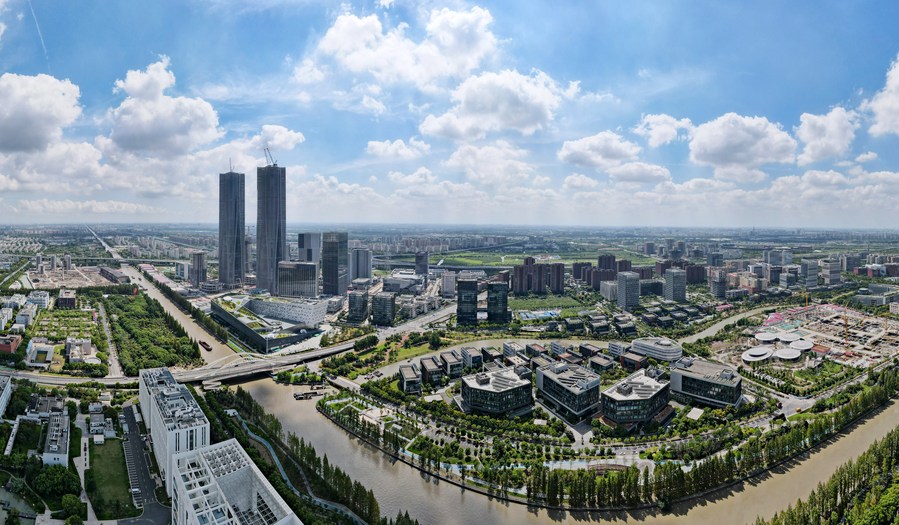
EASIER MARKET ACCESS
Under the policy of high-standard opening-up, China has adopted a series of measures to ease market access and level the playing field, so that foreign companies can enjoy a better business environment in the country.
Last year, the country renewed the Catalogue of Industries Encouraged for Foreign Investment by adding 239 items, marking a record high.
The country is also actively seeking to continuously lower the threshold and reduce the costs and risks associated with foreign investment. Items on the negative lists nationwide and for pilot FTZs have been cut to 31 and 27, respectively.
In the financial sector, the country has implemented over 50 financial opening-up measures in recent years, including eliminating foreign ownership limitations in the banking and insurance sectors and lowering access criteria for foreign investors.
The Central Economic Work Conference held at the end of 2023 stressed efforts to foster new drivers of foreign trade, consolidate the overall performance of foreign trade and foreign capital, and expand the intermediate goods trade, service trade, digital trade and cross-border e-commerce export.
The tone-setting meeting also noted that market access for telecommunications, medical and other service industries shall be eased, while efforts should be made to align with global high-standard economic and trade rules, resolve issues such as cross-border data flow and equal participation in government procurement, and make „Invest in China” a popular choice.
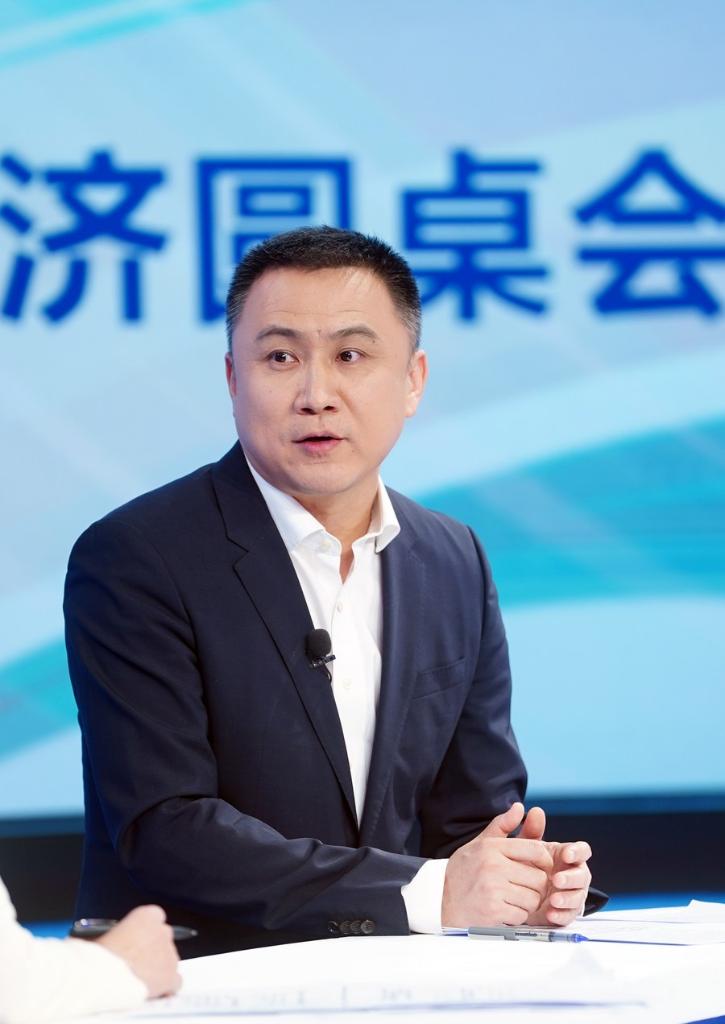
The meeting has sent „a positive signal” that China will continue to expand opening-up and further attract foreign investment, which will give foreign investors stable expectations, and hedge against the „uncertainty” of the external environment while bringing the „certainty” of opening-up, said Zhu Bing, director of the commerce ministry’s department of foreign investment administration.
Looking ahead, Zhu said the country has plenty of favorable conditions to draw foreign investment, adding that the country will open the door wider to the world. According to him, multinationals will continue to expand their footprints in China and share the dividends of China’s high-quality economic development as „investing in China means investing in the future.”
BETTER BUSINESS ENVIRONMENT
China has been stepping up efforts to create a top-notch business environment that is market-oriented, law-based and internationalized.
On Jan. 1, 2020, the country implemented the milestone Foreign Investment Law, which includes a comprehensive and fundamental set of legal standards for foreign investors and aims to better protect their rights and interests.
With unified provisions for the entry, promotion, protection and management of foreign investment, the law has addressed the concerns of foreign firms and provided facilitation and ease to foreign investment.

According to a report released by the Development Research Center of the State Council, China has maintained its position as the world’s second-largest recipient of foreign investment since 2017 and remains one of the most attractive investment destinations globally.
Zhang Wei said China’s attraction for foreign investment now lies in its comprehensive advantages, which include suitable cost performance, well-developed supporting facilities and an optimized business environment as well as a wealth of opportunities.
Zhang added that the country can not only offer a conducive business environment for foreign investors to operate and thrive but also provide ample space for further development and profitability.
(Video reporters: Pang Yuanyuan, Xie Han, Chen Xu, Sun Qing, Shan Weiyi, Wang Huan, Ali Jaswal, Tariq Hameed; Video editors: Zhang Li, Wei Yin) ■







